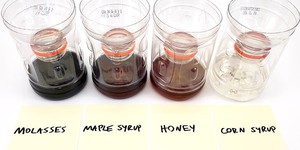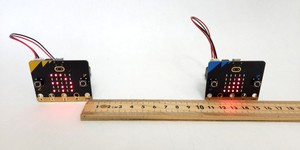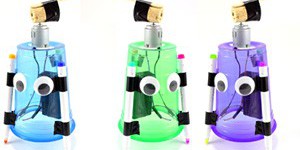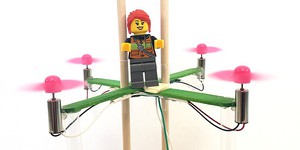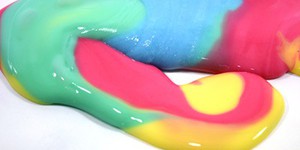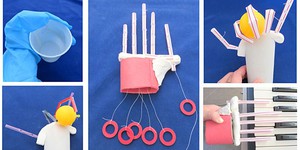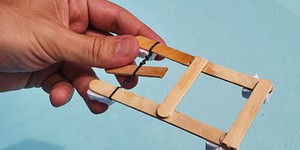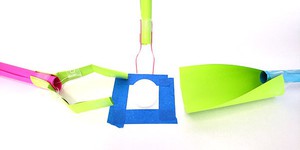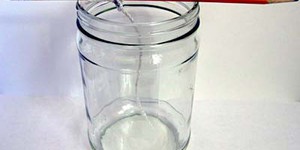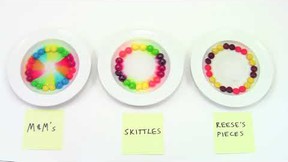Third Grade Science Projects (372 results)
|
Select a resource
Coding Projects
Sort by
|
Do you really catch more flies with honey than with vinegar? Do an experiment to find out! Watch the video above to learn how to make a simple homemade fly trap using a plastic bottle. Then, experiment to discover which bait attracts the most flies. You can try a variety of liquids, and you can also use solid bait like rotting food or meat, but you will need to add some water so the flies drown. A drop of soap can help break the surface tension of the water, making it easier for the flies to…
Read more
Are you ever annoyed by a poor Wi-Fi signal? What about when you try to send a text message, and it just won't go through because of poor cell service? Have you ever wondered what factors affect the strength of your signal and the speed of the connection? If so, this project is for you!
Read more
How does a parachute work? Do bigger parachutes work better than smaller parachutes? Find out in this science project if the size of the parachute matters.
Read more
Do you like drawing or painting? What if you could build a robot that creates its own art? In this project, you will create your own Art Bot, a robot with markers for "legs" that wobbles across a piece of paper, creating drawings as it moves. You can then customize your robot to change how it draws. This is a beginner-level project with no robotics experience necessary, so if you want to try building your own robot, this is a great place to start!
Read more
How does weight affect a drone's speed? Is there a limit to how much weight a drone can lift? Find out with your own mini popsicle stick drone in this fun science project!
Read more
There are many different kinds of slime out there. Some slime is runny and liquid-like; other slime is thick and rubbery. Some slime glows in the dark, some is fluffy, and some is even magnetic! What set of properties makes the best slime? What kind of slime would you choose to make if you were selling slime as a toy in your own "slime shop"? In this project, you will experiment with different slime recipes and try to perfect one to make the best slime.
Read more
Imagine how cool it would be to build a robot hand that could grasp a ball or pick up a toy. In this
robotics engineering project, you will learn how to use drinking straws, sewing thread, and a little
glue to make a remarkably lifelike and useful robot hand. What will you design your robot hand to do?
Pick up a can? Move around a ping pong ball? It is up to you! With these starting instructions, you can
design any type of hand. You will simulate human finger anatomy as the basis for a…
Read more
Rubber band paddle boats are a fun bathtub or pool toy that you can build yourself. How do you make a boat that goes the fastest? Find out in this project as you build and test your own boat.
Read more
In this engineering challenge, you will build a device that can pick up a ping pong ball from a distance and return it to a start line. The farther away the ball is, and the fewer materials you use to build your device, the higher your score.
You can see how other students have tackled this and other annual Science Buddies Engineering Challenges.
Read more
Crystals come in all different shapes and sizes. However, the purest and cleanest crystals are usually also the ones that grow to be the largest in size. In this science fair project, you will compare the size and shape of crystals grown in three different temperature conditions: room temperature, in the refrigerator, and in an ice bath. With just water and borax, a household cleaning product, you can discover the best recrystallization method for growing large, pure crystals.
Read more
|

